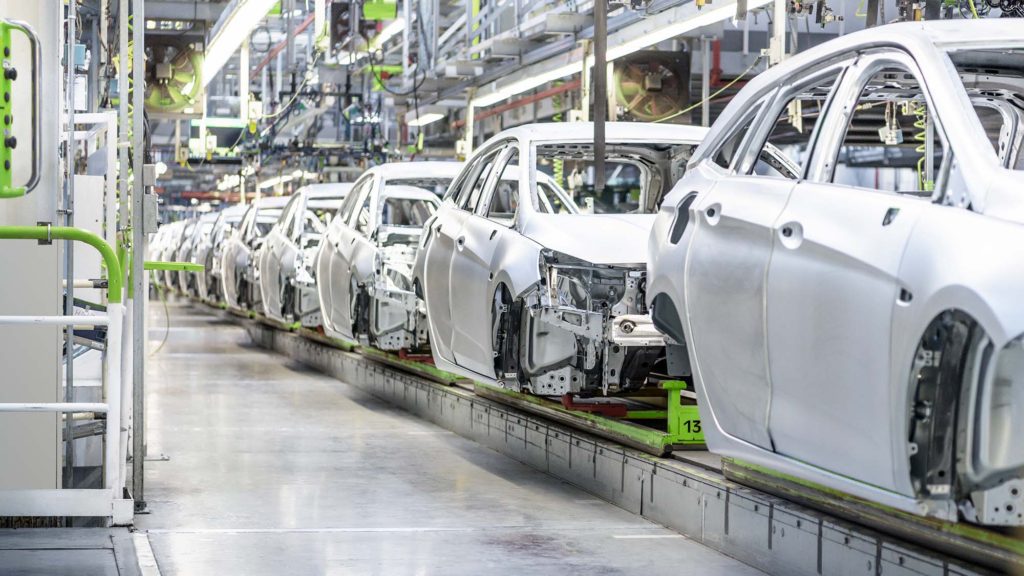
The automotive industry is a complex and dynamic sector that encompasses a wide range of activities, including the production, distribution, and sale of vehicles, as well as research and development, engineering, and support services. It is one of the largest industries globally and is a significant contributor to the global economy.

History:
The history of the automotive industry can be traced back to the late 1800s when the first automobiles were invented. The development of the gasoline engine, the establishment of assembly line production techniques, and the rise of mass production during the early 20th century led to the growth of large car manufacturers and the establishment of the modern automotive industry.
Types of Vehicles:
The automotive industry comprises several segments, including passenger cars, commercial vehicles, and motorcycles. Passenger cars are the most popular type of vehicle and are used for personal transportation. Commercial vehicles, such as trucks and buses, are used for transporting goods and people. Motorcycles are also popular for personal transportation and recreational activities.
Passenger cars are further divided into sub-segments based on size, fuel type, and luxury level. Compact cars, mid-size cars, and SUVs are some examples of different passenger car types. Electric and hybrid cars are becoming increasingly popular due to their eco-friendliness and low running costs.
Commercial vehicles are further classified into light commercial vehicles (LCVs), such as vans and pickup trucks, and heavy commercial vehicles (HCVs), such as buses and trucks.
Major Players:
The global automotive industry is dominated by a few major players, including General Motors, Toyota, Volkswagen, Ford, and Honda. These companies have a significant market share and are involved in the production and sale of automobiles, as well as the research and development of new technologies.
In addition to these major players, there are several other automobile manufacturers, including luxury car brands like BMW, Mercedes-Benz, and Audi.
Innovation and Technology:

The automotive industry is continually evolving, and technological advancements are playing a crucial role in shaping the industry's future. Electric vehicles, autonomous driving, and connected cars are some of the new technologies that are transforming the industry. The use of advanced materials and lightweight components is also becoming more prevalent in vehicle manufacturing, leading to improved fuel efficiency and reduced emissions.
Environmental Concerns:
The automotive industry is a significant contributor to greenhouse gas emissions, and environmental concerns are becoming increasingly important. Manufacturers are working to develop more sustainable and eco-friendly vehicles, including hybrid and electric vehicles. Governments worldwide are also implementing regulations and incentives to encourage the adoption of cleaner transportation options.
In addition to emissions, safety is another critical concern in the automotive industry. Manufacturers are continually working to improve vehicle safety features to reduce accidents and fatalities on the road.
Distribution and Sales:
The distribution and sales of vehicles are a critical aspect of the automotive industry. Vehicle manufacturers typically sell their products through dealerships or directly to consumers. Many manufacturers also offer financing and leasing options to help customers purchase their vehicles.
Support Services:
The automotive industry also encompasses a wide range of support services, including maintenance and repair, aftermarket parts, and insurance. These services are essential to ensuring that vehicles remain safe and reliable and can continue to be used for years to come.
In conclusion, the automotive industry is a complex and dynamic sector that plays a vital role in the global economy. With continuous innovation and technological advancements, manufacturers are working to develop more sustainable and eco-friendly vehicles, improve safety features, and provide better distribution and support services to customers.